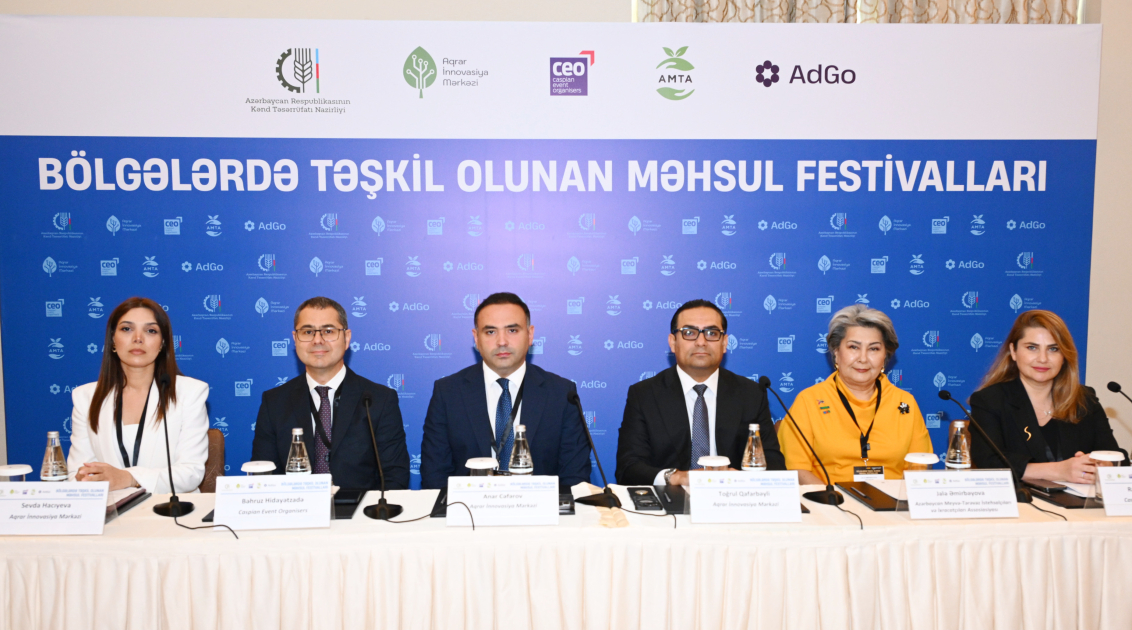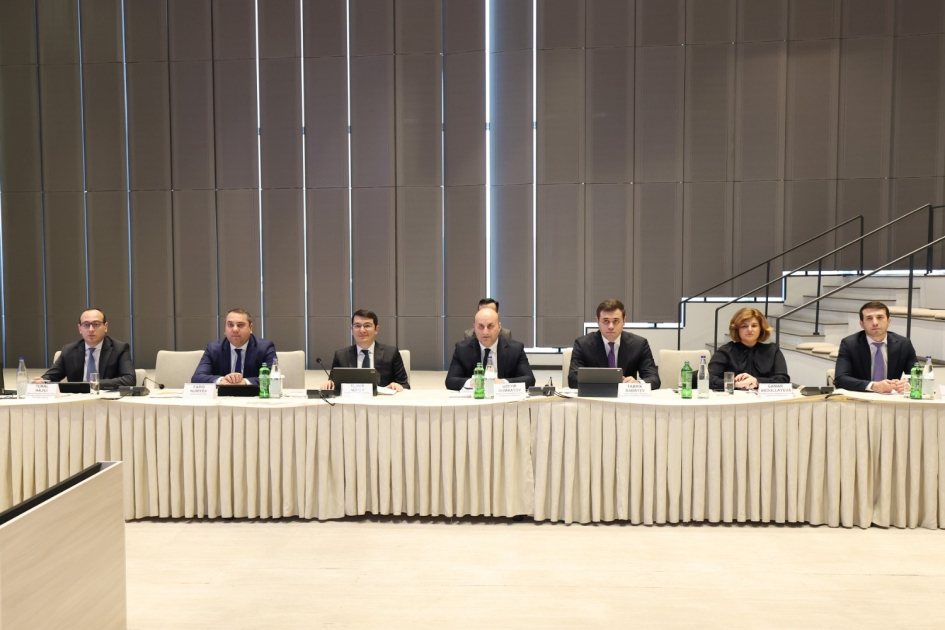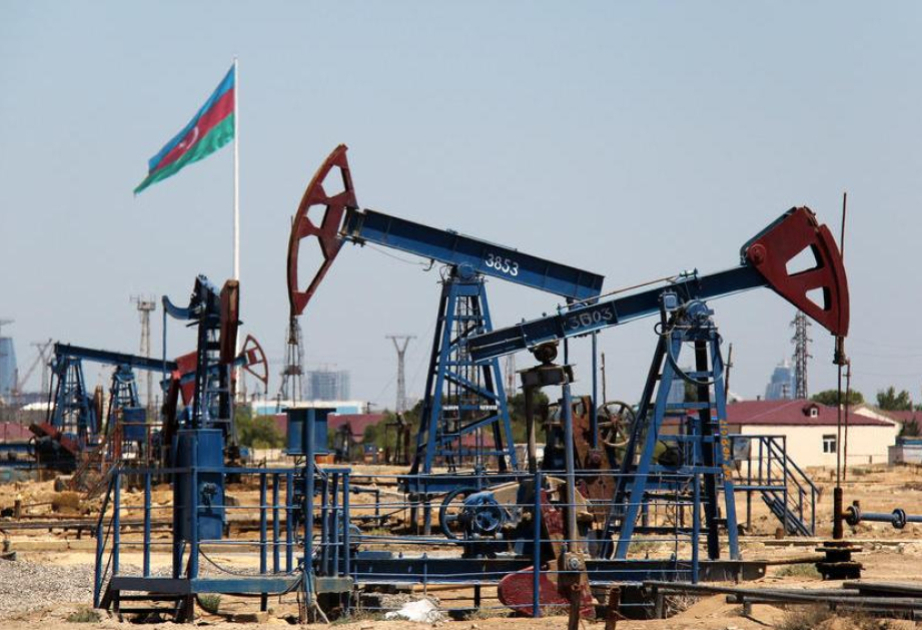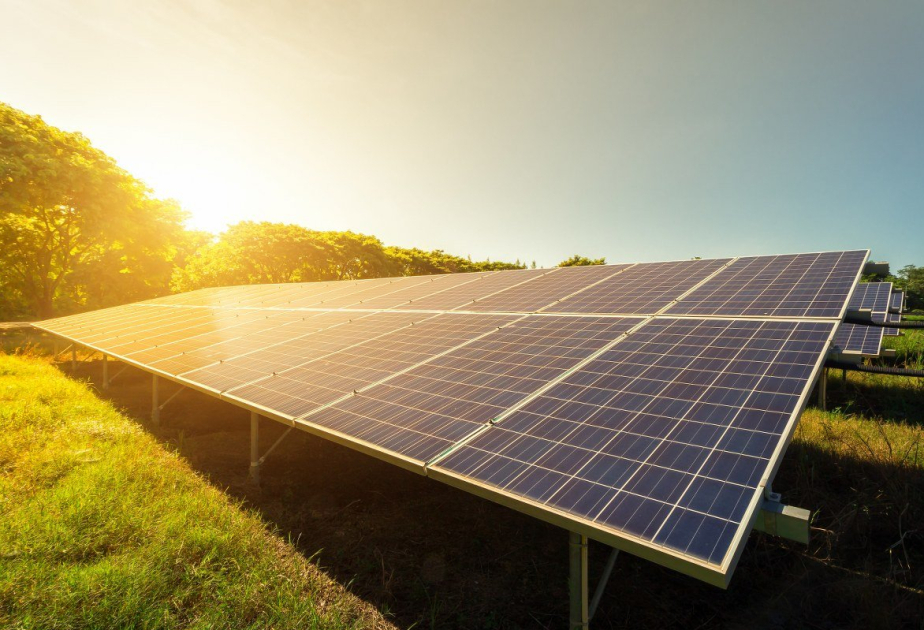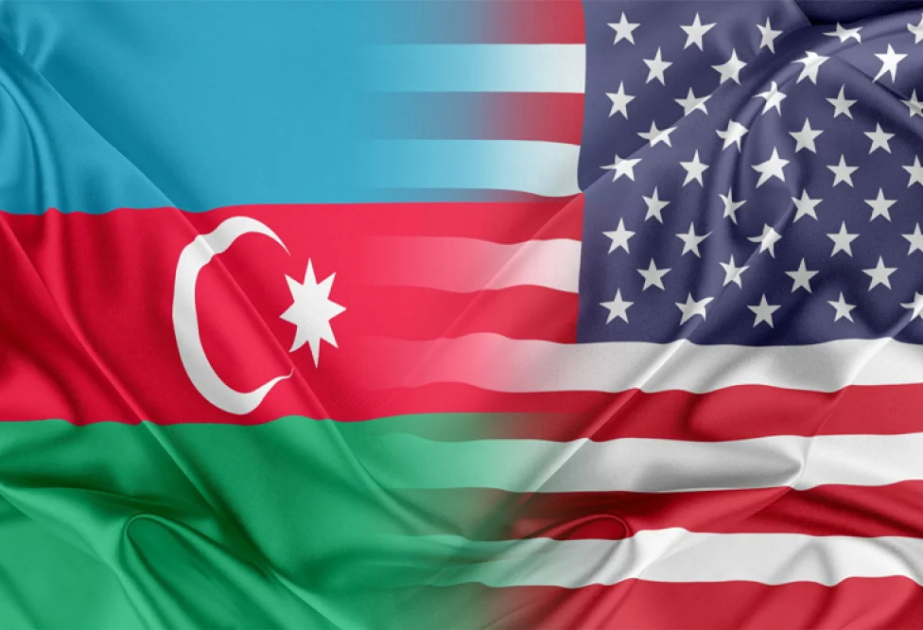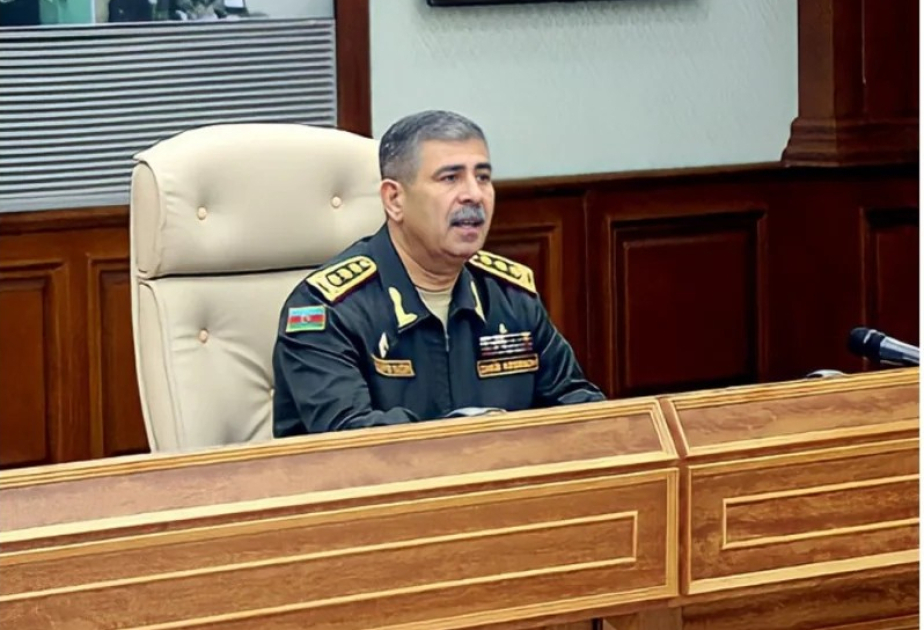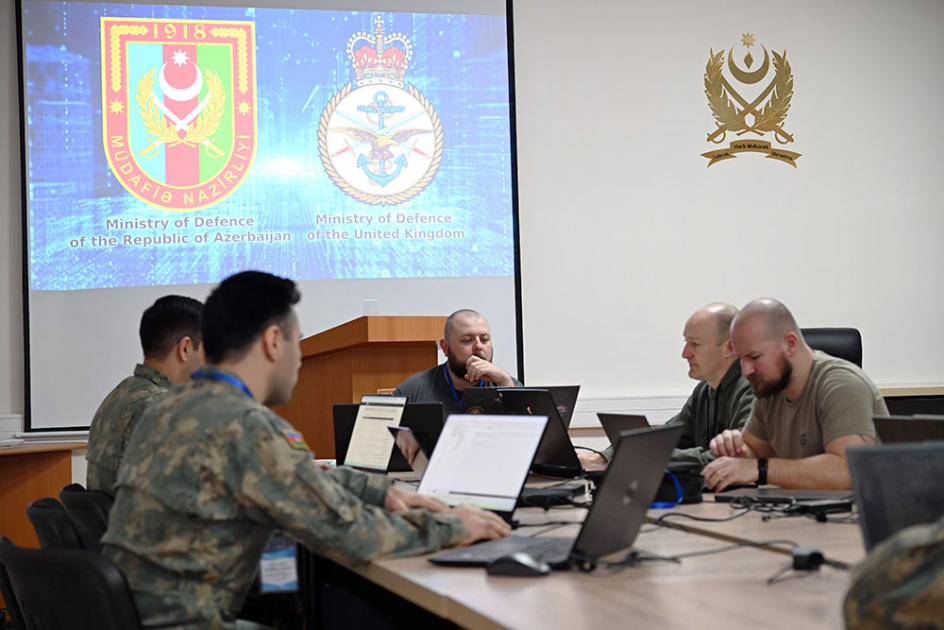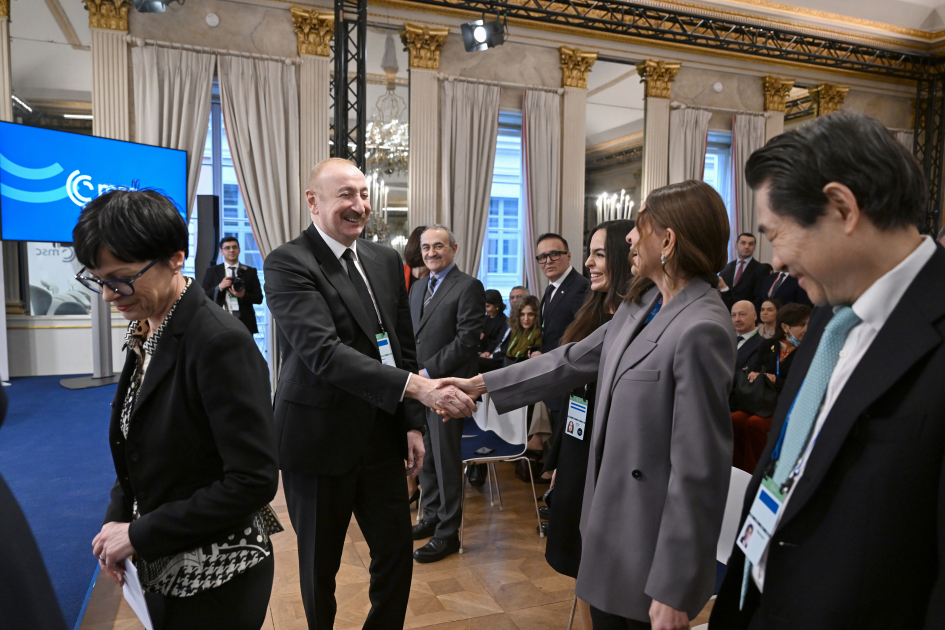Product Festivals are being launched across various regions of Azerbaijan under the organization of the Agrarian Innovation Center of the Ministry of Agriculture. For the first time, these festivals will follow a unified concept and will be held across 13 regions, covering 9 economic zones from June to November 2025.
The main goal of organizing the festivals is to boost the agrotourism potential of regional areas, promote local agricultural products, support farmers and producers, enhance public interest in domestic goods, and expand export opportunities. Additionally, these events aim to improve the social welfare of rural populations and help preserve the national cultural heritage of the regions.
Each festival will feature regional folklore performances, showcases by local artists, and displays of farm household products, offering a platform to present the agricultural and cultural traditions of the regions to a broader audience.
Notably, Caspian Event Organisers—the team behind Caspian Agro and InterFood Azerbaijan exhibitions—is also involved in the Product Festivals initiative. Within its partnership with the Agrarian Innovation Center, the goal is to enable participating regions to showcase their products at the 19th Azerbaijan International Agriculture Exhibition Caspian Agro. This will help promote local goods and brands on an international stage and create new avenues for regional export and cooperation.
The Caspian Agro 2026 exhibition, scheduled for May 5–8, 2026, at the Baku Expo Center, will serve not only as a platform for demonstrating products and technologies but will also present the values collected during the Product Festivals. Visitors will gain insight into Azerbaijan’s rich agricultural sector, traditional cuisine, and regional diversity.
Running parallel with Agribusiness Festivals, the Product Festivals aim to raise the visibility of regional agricultural products among the general public.
This year, festivals will be held in the following regions: “II Apricot” in Samukh, “Vegetables” in Shamkir, “Farmer and Villager” in Dashkasan, “Garden” in Kurdamir, “Peach” in Khachmaz, “II Raspberry” in Goygol, “Grapes and Wine” in Shamakhi, “Rice” in Masalli, “Fish” in Neftchala, “Cotton” in Saatli, “Peanut” in Aghstafa, “V Persimmon” in Balakan, and “Quince” in Agdash.
Organized through public-private partnerships, the festivals involve active participation from the Ministry of Agriculture’s subordinate institutions, other government bodies, entrepreneurs, banks, credit institutions, supermarket chains, and organizations such as “Agro Procurement and Supply” OJSC. This cooperation supports stronger ties between farmers and suppliers, promotes technology adoption, expands product sales, and contributes to the dynamic growth of the agricultural sector.
As part of the festivals, informational sessions will be held on priority areas of agriculture, including training on “Long-term storage of fruit and vegetable products and the application of the cold chain.”
In addition to the exhibition segment of the “Vegetables” festival in Shamkir on July 3, a picnic zone will be set up with support from greenhouse owners and farming households. Special areas will be designated for city residents and guests, where local produce will be used to promote picnic culture.
The festivals are intended to create a festive environment that enables farmers to market their products and celebrate the results of their labor. Alongside commercial opportunities, the events will also feature regional cultural performances and presentations of the region’s achievements over the year. Offering farmers the chance to unwind and engage in cultural activities is an important element of the program.
These festivals play a vital role in recognizing the contributions of those working in agriculture, improving their livelihoods, and expanding sales channels.
The Ministry of Agriculture and its partners view the expansion and sustainability of Product Festivals as a strategic priority, reinforcing their continued support for the socio-economic development of farmers, producers, and rural communities across Azerbaijan.


